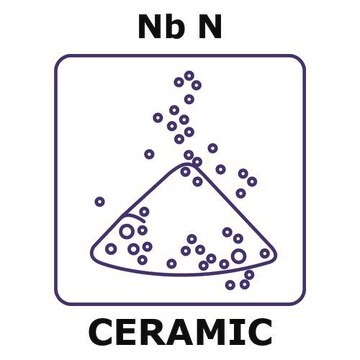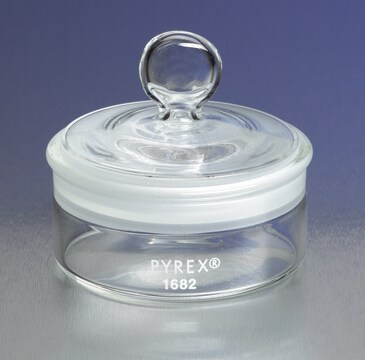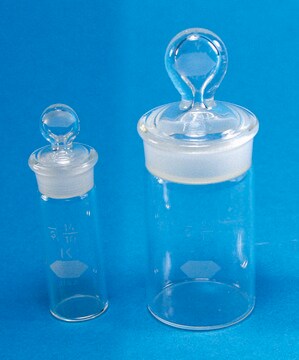AB9210
Anti-Insulin Degrading Enzyme Antibody
serum, Chemicon®
Sinônimo(s):
IDE, Insulysin, Insulinase
About This Item
Produtos recomendados
fonte biológica
rabbit
Nível de qualidade
forma do anticorpo
serum
tipo de produto de anticorpo
primary antibodies
clone
polyclonal
reatividade de espécies
rat
embalagem
antibody small pack of 25 μL
fabricante/nome comercial
Chemicon®
técnica(s)
western blot: suitable
nº de adesão NCBI
nº de adesão UniProt
Condições de expedição
dry ice
temperatura de armazenamento
−20°C
modificação pós-traducional do alvo
unmodified
Informações sobre genes
rat ... Ins1(24505)
Especificidade
Imunogênio
Aplicação
Neuroscience
Neurodegenerative Diseases
Optimal working dilutions must be determined by the end user.
Qualidade
forma física
Armazenamento e estabilidade
Outras notas
Informações legais
Exoneração de responsabilidade
Não está encontrando o produto certo?
Experimente o nosso Ferramenta de seleção de produtos.
Código de classe de armazenamento
10 - Combustible liquids
Classe de risco de água (WGK)
WGK 1
Ponto de fulgor (°F)
Not applicable
Ponto de fulgor (°C)
Not applicable
Certificados de análise (COA)
Busque Certificados de análise (COA) digitando o Número do Lote do produto. Os números de lote e remessa podem ser encontrados no rótulo de um produto após a palavra “Lot” ou “Batch”.
Já possui este produto?
Encontre a documentação dos produtos que você adquiriu recentemente na biblioteca de documentos.
Nossa equipe de cientistas tem experiência em todas as áreas de pesquisa, incluindo Life Sciences, ciência de materiais, síntese química, cromatografia, química analítica e muitas outras.
Entre em contato com a assistência técnica




